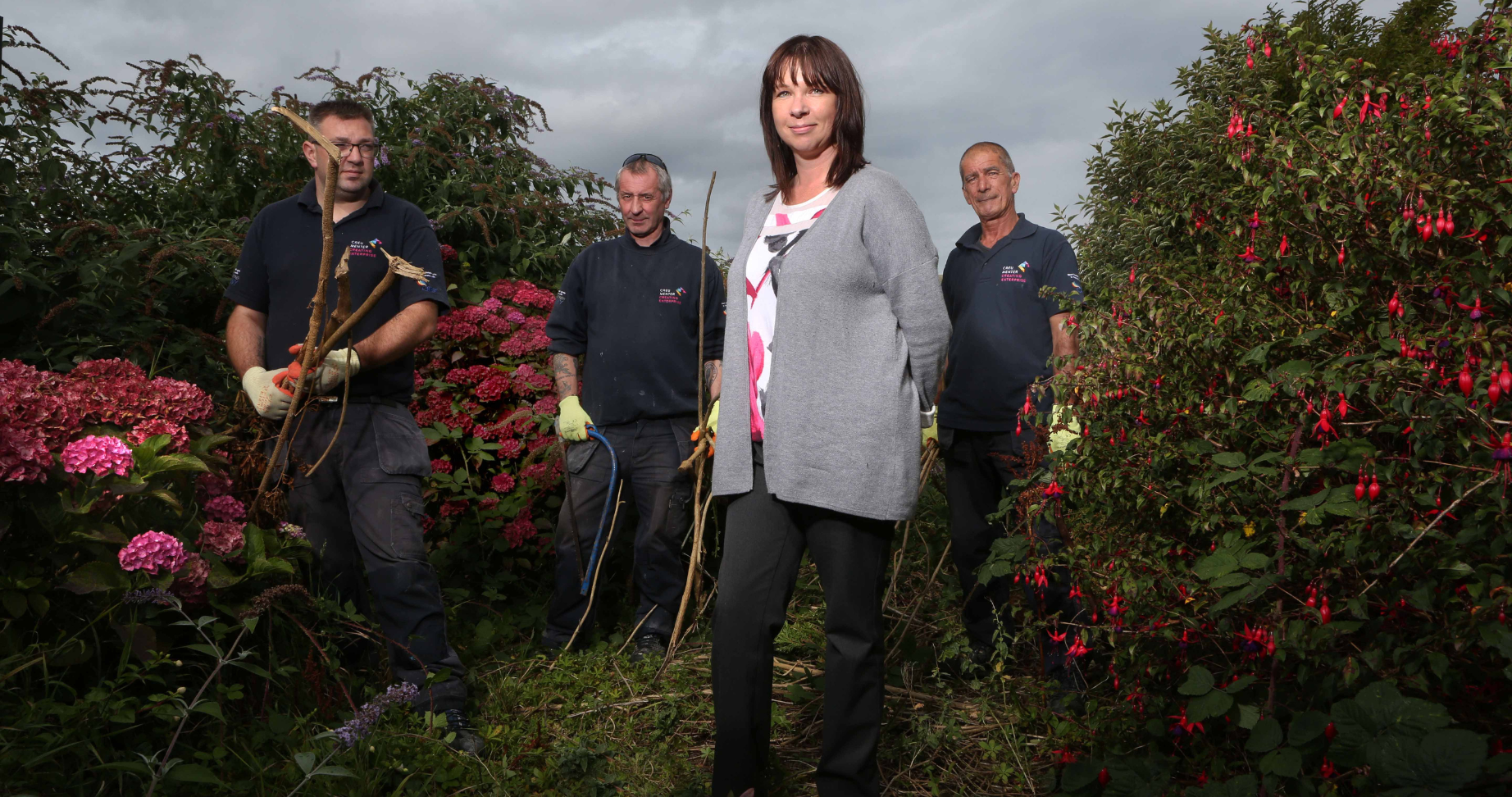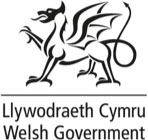
How can social enterprise and community ownership support and protect nature and biodiversity?
Our response to the Senedd’s Climate Change, Environment and Infrastructure Committee’s Inquiry on Halting and Reversing the Decline of Nature by 2030
With WWF Cymru claiming that ‘Wales is now one of the most nature-depleted countries on Earth’, how can social enterprises and community-owned businesses help to protect Welsh biodiversity?
To reverse the decline of nature we need to change how our economy works. We need to move away from business models and economic development that takes little account of potential risk to green spaces and chases profit at the expense of damage to the environment.
Social enterprises, however, tackle the challenge of building profitable, sustainable businesses in a different way, by prioritising the well-being of communities, local economies, and the planet.
Here are some fantastic examples Cwmpas is pleased to have worked with.
Bryngarw Country Park in Bridgend County Borough, owned by Awen Cultural Trust, is sensitively managed to protect and promote the area’s biodiversity, with rangers being supported by a team of volunteers.
In Wrexham, Groundwork North Wales supports communities which are vulnerable to today’s economic uncertainty, working with the community to improve local green spaces, boost people’s employment prospects through training and volunteering opportunities, and promoting greener choices through reuse and recycling. Their Making More of Minera Country Park project provides volunteering opportunities to maintain the site’s habitats for wildlife, and is boosted by an education programme which encourages local school children to learn about the built and natural heritage of the site, and to value it for future generations.
Câr-Y-Môr, a community benefit society in St David’s, Pembrokeshire, is the first commercial seaweed and shellfish farm in Wales.
It has two main aims:
- To improve the coastal environment through regenerative ocean farming, and;
- To improve the wellbeing of the local community through job creation, supply of fresh local seafood, and environmental restoration.
As these examples show, the social enterprise model can lead to an economy that has sustainability and nature at its heart.
Bringing local social enterprises into the mission ensures community buy-in and leads to greater awareness of the issue. By working together we can reverse nature loss and create sustainable, connected communities.
We’ve made some recommendations to the Welsh Government to protect and revitalise our beautiful Welsh environment, to engage communities in finding and implementing the solutions needed to do this, and to transform the wider economy to be more sustainable and nature-friendly:
- Make social enterprise and community ownership the business model of choice as part of transforming to a sustainable and nature-friendly economy.
- Promote the community ownership of land and spaces for nature and facilitate this through legislation.
- Expand specialist support to social enterprises to grow and maximise their impact across different sectors.
- Embed a well-being economy approach across economic development policy, ensuring that the well-being of people and planet is at the heart of the economic agenda.









